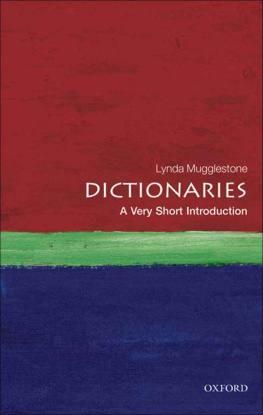Andrs Neuman
Traveller of the Century
To the memory of my mother, which echoes and echoes.
To my father and brother, who listen to it with me.
Strange old organ grinder,
Shall I go with you?
To the sound of my singing
Would you play a tune?
Wilhelm Mller and Franz Schubert
Europe, dragging your tattered rags,
Will you come one day, will your day come?
Adolfo Casais Monteiro
Trees have roots and I have legs.
George Steiner
Among young writers who have already published their first book, Neuman is perhaps the youngest, though his precociousness, adorned with bolts of lightning and discoveries, is not his greatest virtue. Born in Argentina in 1977 but raised in Andalusia, Andrs Neuman is the author of a book of poems, Mtodos de la noche (Methods of the Night), published by Hiperin in 1998, and Bariloche, an excellent first novel that was a finalist for the latest Premio Herralde prize.
The novel is about a garbage man in Buenos Aires who spends his free time doing puzzles. I had the opportunity to form part of the panel of judges for the Herralde prize and Neumans novel both enthralled me, if one can still use this early-twentieth century word, and hypnotised me. No good reader will miss in its pages something that can only be found in literature of the highest rank, the kind written by true poets who dare to penetrate into the darkness with their eyes open, and who keep them open no matter what. This is the most difficult test (and also exercise and torsion), and Neuman, not infrequently, passes it with a naturalness nothing short of frightening.
Nothing in his work feels fake all is real, all is illusion, the dream in which the Buenos Aires garbage man Demetrio Rota moves like a sleepwalker, the dream of great literature rendered by the author in precise words and scenes.
When I encounter these young writers it makes me want to cry. I am unaware of the future that awaits them. I do not know if a drunk driver will run them over one night or if one day they will suddenly decide to stop writing. If none of this happens, the literature of the twenty-first century will belong to Neuman and a few other blood brothers of his.
ROBERTO BOLAO 2004
Wandernburg: shifting city sit. approx. between ancient states of Saxony and Prussia. Cap. of ancient principality of same name. Lat. N and long. E indeterminate due to shifting co-ord. [] Hydro. R. Nulte non-navigable. Econ. activity wheat-growing and text. ind. [] Despite accounts of chroniclers and travellers, precise loc. unknown.
THE LIGHT HERE IS ANCIENT
A-ARE YO-UU CCOLD? the coachman shouted, his voice fragmented by the jolting of the coach. IIm f-fine, th-ank yo-uu, replied Hans, teeth chattering.
The coach lamps flickered as the horses sped along the road. Mud flew up from the wheels. The axles twisted in every pothole, and seemed about to snap. Their cheeks puffing, the horses blew clouds from their nostrils. An opaque moon was rolling above the horizon.
For some time now Wandernburg had been visible in the distance, to the south. And yet, thought Hans, as often happens at the end of an exhausting day, the small city seemed to be moving in step with them, and getting no nearer. The sky above the carriage was heavy. With each crack of the coachmans whip the cold grew bolder, pressing against every outline. I-s the-ere mu-mu-ch f-f-urther t-oo g-oo? asked Hans, sticking his head out of the window. He had to repeat the question twice before the coachman heard him above the din and shouted, pointing with his whip: A-as yo-uu ca-an s-eee! Hans was uncertain whether this meant they were only a few minutes away or that it was impossible to tell. Since he was the only remaining passenger and had no one to talk to, he closed his eyes.
When he opened them again he saw a stone wall and an arched gateway. As they drew closer, Hans sensed something odd about the thickness of the wall, as if it were a warning about how hard it would be to leave rather than to enter. By the dim light of the coach lantern he could make out the shapes of the first buildings, the round-cut tiles like fish scales on some of the rooftops, the needle spires, the ornaments shaped like vertebrae. He had the impression he was arriving in a place that had just been evacuated, where the clatter of hooves and the wheels jolting on the cobblestones were producing too loud an echo. Everything was so still, it seemed as though someone was spying on them with bated breath. The carriage turned a corner, and the horses gallop was suddenly muted they were now on a beaten earth track. They went down Old Cauldron Street. Hans caught sight of an iron sign swinging in the breeze. He told the coachman to stop.
The man climbed down from his perch. When he reached the ground, he looked puzzled. He took a few steps, peered down at his feet, smiled uncertainly. He patted the lead horses neck and whispered some words of thanks in its ear. The animal replied with a snort. Hans helped him untie the ropes from the luggage rack, pull back the wet canvas, then unload his case and a big trunk with handles on it. What have you got in there, a dead body? complained the coachman, dropping the chest to the ground and rubbing his hands. Not one dead body, Hans said with a smile, several. The man laughed abruptly, although a twitch of alarm flitted across his face. Will you be spending the night here too? asked Hans. No, the coachman explained, Im going on to Wittenberg. I know a good place to sleep there, and theres a family who have to get to Leipzig. Then, looking askance at the creaking inn sign, he added: Are you sure you wouldnt like to ride on a little farther? Thanks, replied Hans, but this is fine. I need some rest. As you wish, sir, as you wish, said the coachman, clearing his throat several times. Hans paid him, refused the coins he offered in change, and bade him farewell. Behind his back he heard the crack of a whip, the creak of wood, and the thud of hooves moving off.
It was only when he was on his own outside the inn that he noticed a shooting pain in his back, sensed his muscles tremble and heard a pounding in his ears. He could still feel the jolting coach the lights seemed to waver, the stones to be shifting. Hans rubbed his eyes. The windows of the inn were steamed up, making it impossible for him to see inside. He knocked on the door, where a Christmas wreath still hung. No one came. He tried the frozen handle, then pushed the door open. He saw a corridor lit by oil lamps suspended from hooks. The warmth drew Hans in. From the far end of the corridor came the crackle of an open fire. He struggled to drag the case and trunk inside. He stood beneath one of the lanterns, trying to warm up. With a start, he saw Herr Zeit staring at him from behind the reception desk. I was on my way to let you in, Herr Zeit said. The innkeeper moved extremely slowly, as if he were trapped between the counter and the wall. He had a huge, barrel-shaped belly, and smelt of musty fabric. Where have you come from? he asked. Ive come from Berlin, said Hans, not that it really matters. It matters to me, young sir, Herr Zeit cut in, not suspecting that Hans had meant something else. How many nights do you intend to stay? Just one, I suppose, said Hans, Im not sure yet. Well, when youve decided, please let me know, said the innkeeper, we need to be sure which rooms will be available.
Herr Zeit searched for a candlestick, then led Hans down the corridor and up a flight of stairs. As Hans watched the rotund figure heaving himself up each step, he was afraid he might come crashing down on top of him. The entire inn smelt of burning oil, the sulphur from the lamp wicks, and a mixture of sweat and soap. They reached the first-floor landing and carried on up. Hans was surprised to see that all the rooms appeared unoccupied. On the second floor, Herr Zeit paused at a door with the number seven chalked on it. Recovering his breath, he declared proudly: This is our best room. He took a battered ring laden with keys out of his pocket, and after several attempts and muttered curses, they entered the room.

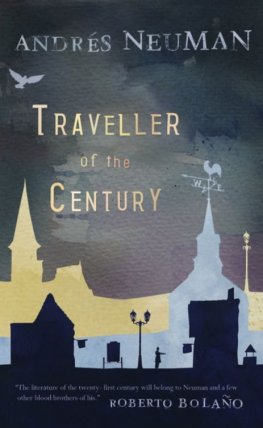
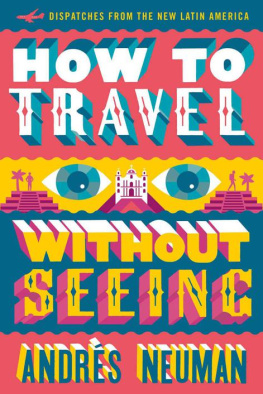
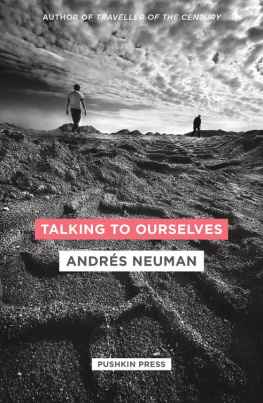
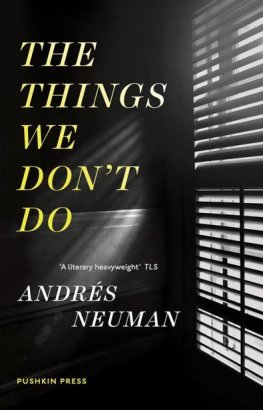


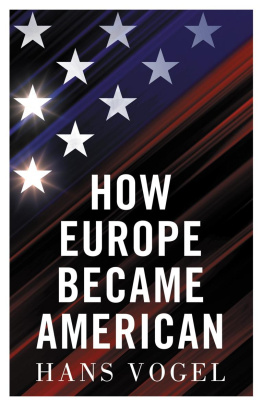
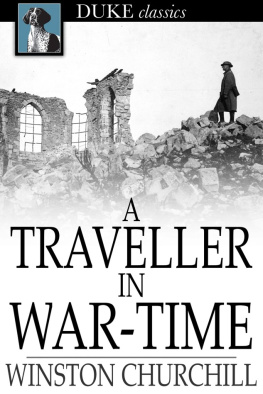


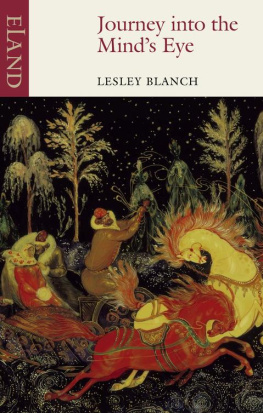
![Sophie Law [Sophie Law] - Olga’s Egg](/uploads/posts/book/141435/thumbs/sophie-law-sophie-law-olga-s-egg.jpg)
